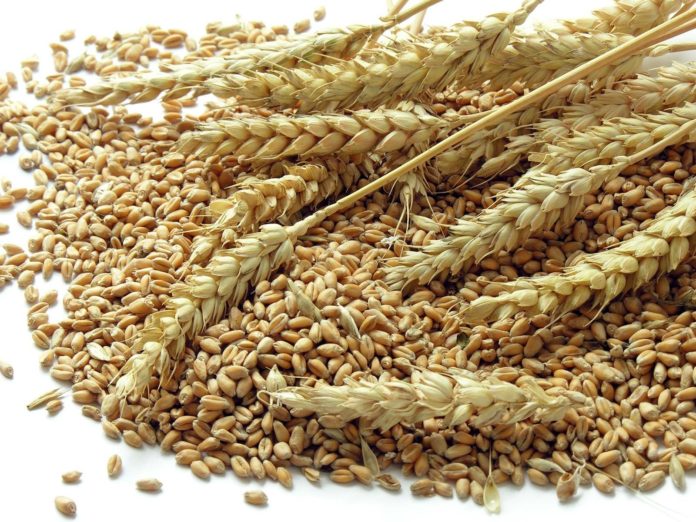India on Tuesday said it remains concerned by the deterioration of global food security which has been exacerbated by the war in Ukraine that has entered its tenth month.
India’s Deputy Permanent Representative Ambassador Ravindra made these remarks at the UN General Assembly on the topic of “Strengthening of the coordination of humanitarian and disaster relief assistance of the United Nations, including special economic assistance”.
“Sweden and India remain particularly concerned by the deterioration of global food security which has been exacerbated by the war in Ukraine,” ambassador Ravindra said in a joint statement on behalf of India and Sweden.
India and Sweden fully support the Black Sea Grain Initiative and welcome its extension by 120 days, as announced on November 17, which means that the export of Ukrainian grain, foodstuffs and fertilizer can continue from the Black Sea ports, he said.
Mr Ravindra noted that India has exported more than 1.8 million tons of wheat to countries in need, including to Afghanistan, Myanmar, to help low-income countries fight against price rise and shortage of foodstuff.
“The humanitarian system makes a difference in the lives of the most vulnerable people every day. It provides assistance to the people that are suffering the most. And it saves lives in some of the worst places across the globe. But we must ensure that 2023 is not the year that breaks the system. This is a shared responsibility,” he said.
The Indian diplomat also took note of the latest Global Humanitarian Overview report, which illustrates in detail, the humanitarian challenges the world is facing now.
Last week, the United Nations and partner organizations said the estimated cost of the UN humanitarian response going into 2023 is USD 51.5 billion, a 25 per cent increase compared to the beginning of this year.
According to the United Nations Office for the Coordination of Humanitarian Affairs (OCHA), next year will set another record for humanitarian relief requirements, with 339 million people in need of assistance in 69 countries, an increase of 65 million people compared to the same time last year.
“As noted by the Secretary-General, 2022 has been a year of extremes. The conflicts and tensions across the world have triggered unprecedented challenges to global food and energy security. The Covid-19 pandemic, natural disasters such as floods and climate change continue to cause and exacerbate humanitarian emergencies,” he said.
India’s deputy permanent representative said the 2023 Global Humanitarian Overview calls for USD 51.5 billion to bring life-saving support to 230 million of the most vulnerable people. “This is a formidable challenge for the entire international community, and one we cannot afford to downplay.”
Mr Ravindra raised concern about violence against humanitarian workers in armed conflict and the persistent shortfall in financing humanitarian appeals remains a challenge.
“Today, funding to the humanitarian system relies on too few donors. Currently, ten donors provide 90 percent of humanitarian funding. This is not sustainable,” he added.








